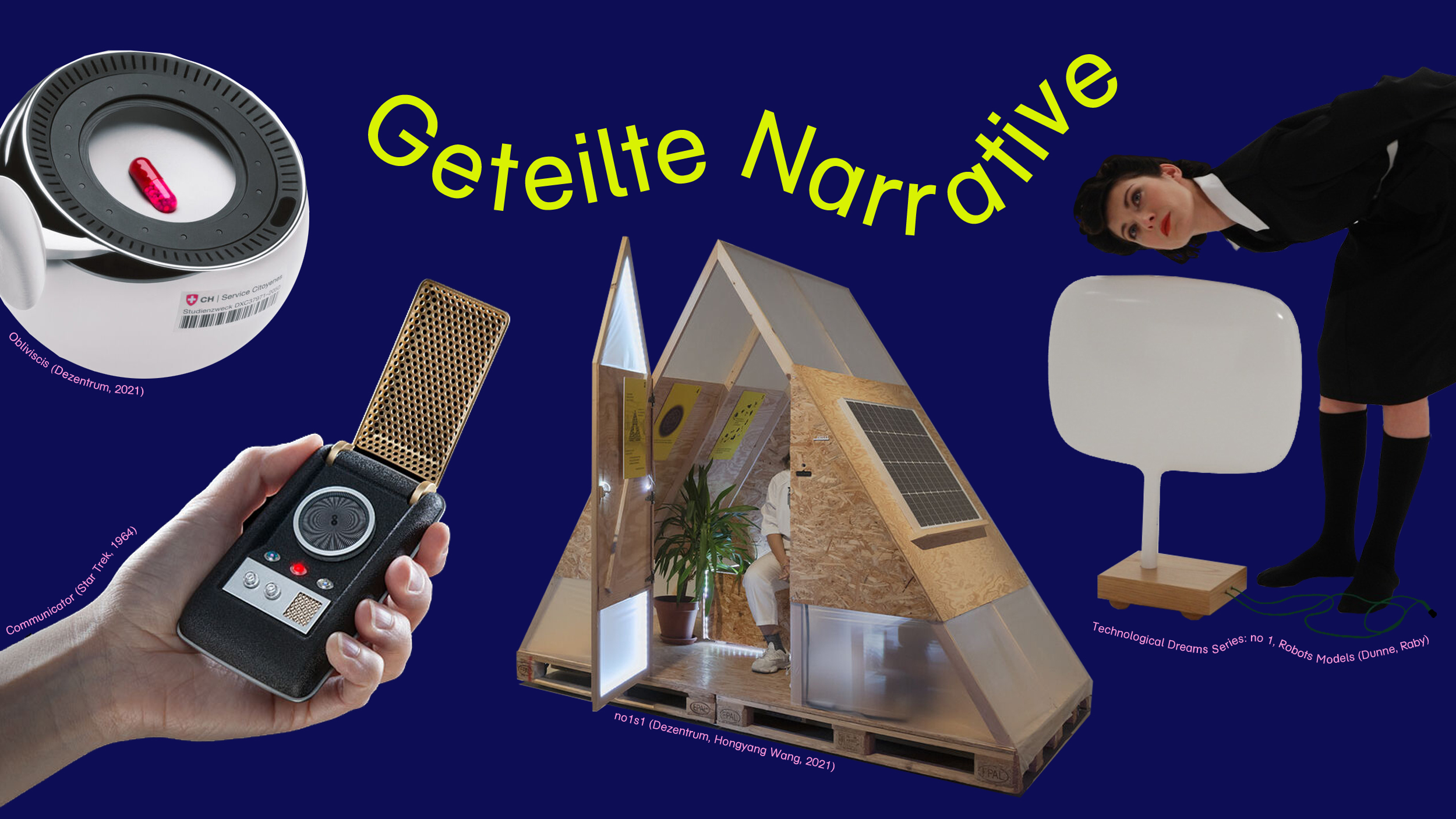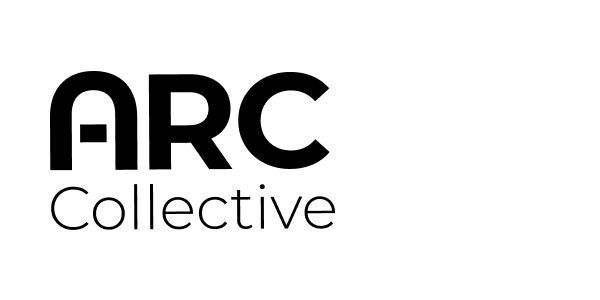Climate crisis, destruction of biodiversity, energy crisis — we live in a world of multiple crises. Mastering these challenges requires radically new ideas and approaches, both technologically and socially.
Whether it's sharing, repairing, or DIY, many innovative approaches, projects, and ideas for climate-friendly living in urban areas remain small. This isn't because they fundamentally don't work, but because they often touch on various aspects of our lives, making it difficult to change our habits and involve diverse stakeholders in the implementation. The stabilization or distribution of integrative approaches works differently than purely commercial offerings. Therefore, we want to strengthen and scale eco-social innovations in our Innovation Booster to establish them in the mainstream.
“What concerns everyone, only everyone can solve.” Friedrich Dürrenmatt (The Physicists)
The major challenges of our time can only be overcome by working together with people from different sectors of society. That is why the booster uses an open innovation approach. Over the next four years, we will bring together key actors from civil society, science and business with city administrations, currently from Zurich, Basel and Lausanne. Together, systemic problems are researched and radical ideas for sustainable solutions are developed.
To enable and accelerate innovation, we connect cities and administrations with eco-social innovators as well as stakeholders from the private sector and science. We can financially support ideas that arise and/or are developed through the Innovation Booster Program with methodological and financial support, including vouchers for expert advice and coaching. In this way, we make it possible for promising innovations to be further developed and tested in urban areas of Switzerland. In addition, together with our partners, we are working to ensure that further implementation of the innovations after the booster is likely.
Project ideas can be submitted until May 25, 2025 to secure financial support of up to CHF 22,500 and methodological support as well as valuable contacts for further steps.
Meso Innovation Alliance
The Booster Future Urban Society is supported by Meso as a Leading House and is characterized by the expertise of the following organizations:
Urban innovation is only possible through strong partnerships with cities and municipalities. That is why we are particularly proud of our implementation partnerships:
Subscribe to our newsletter and stay up to date on upcoming developments.
We send a maximum of two newsletters per month.





















.jpg)

.jpg)




